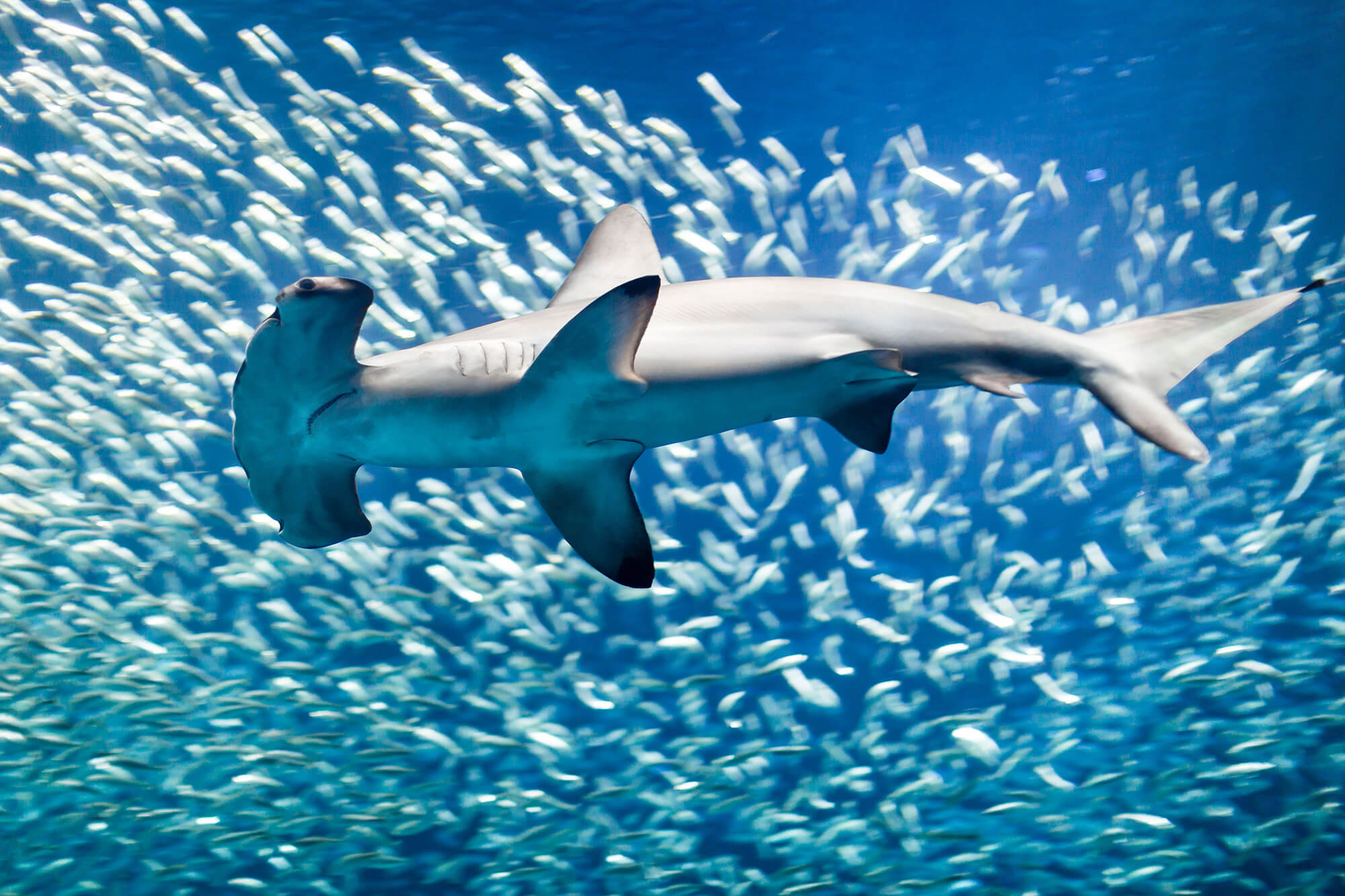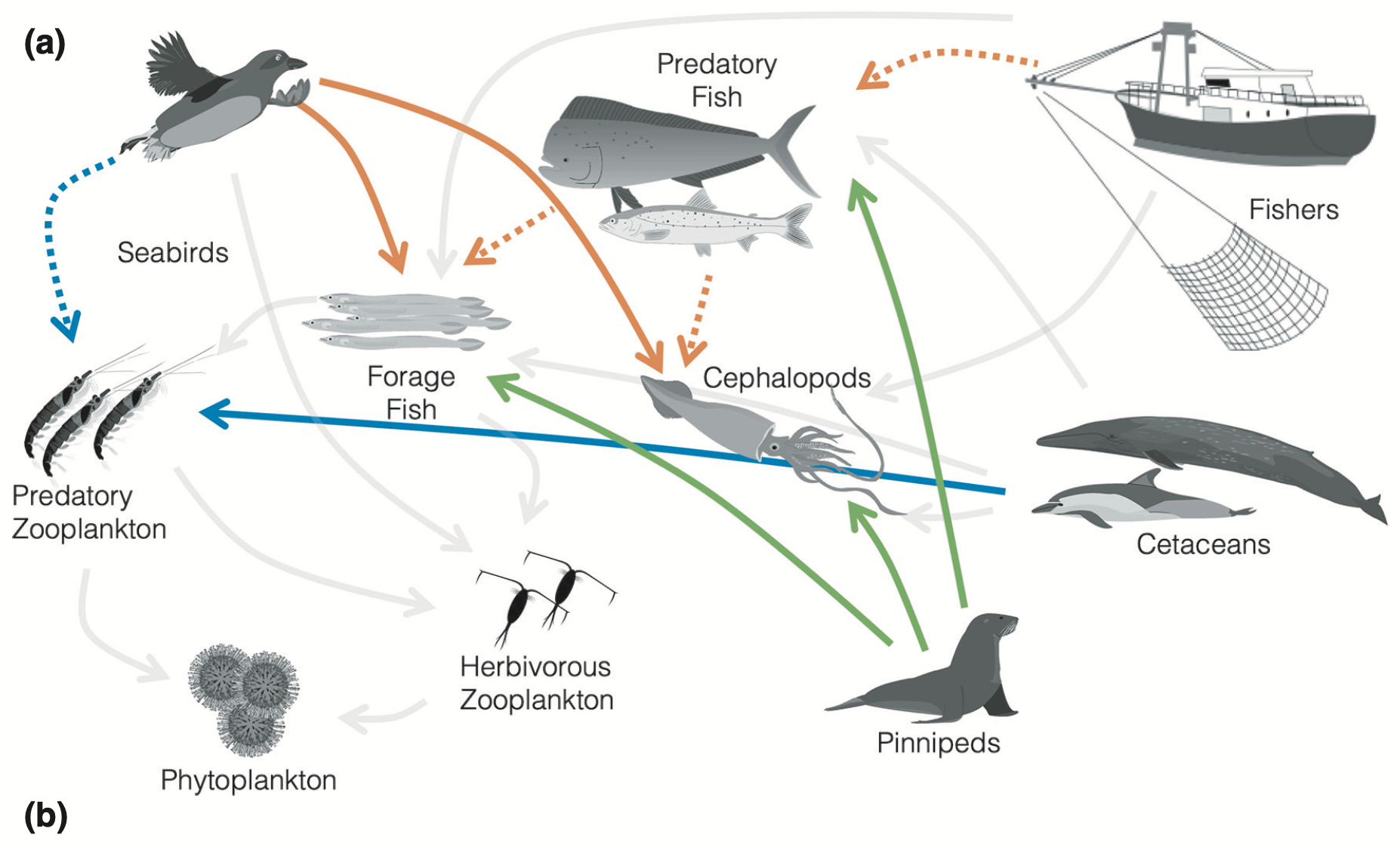Sharks: Apex Predators Of The Marine Ecosystem
Ever wondered about “Sharks: Apex Predators Of The Marine Ecosystem”? Sharks, the apex predators of the marine ecosystem, play a vital role in maintaining the health and balance of our oceans. Their presence in an ecosystem indicates the overall health of that ecosystem.
Editor's Notes: "Sharks: Apex Predators Of The Marine Ecosystem" have published today date. We have analyzed and dug into the available information, to put together this guide to help you better understand the importance of sharks in the marine ecosystem.
Through this article, we will look into the importance or benefits of "Sharks: Apex Predators Of The Marine Ecosystem" and why this topic is important to read.
| Key Differences | Key Takeaways |
|---|---|
| Importance of Sharks in the Marine Ecosystem |
|
| Threats to Sharks |
|
| Conservation Efforts |
|
Transition to main article topics
FAQ
This section provides answers to frequently asked questions and addresses common misconceptions regarding sharks as apex predators in the marine ecosystem.

Sharks Apex Predators Vital to Marine Ecosystems 48119042 Vector Art at - Source www.vecteezy.com
Question 1: Are sharks inherently aggressive towards humans?
While sharks possess formidable predatory instincts and physical capabilities, they are not inherently aggressive towards humans. Most shark species avoid interactions with humans, and attacks typically occur in situations where they feel threatened or provoked.
Question 2: What factors contribute to shark attacks?
Shark attacks can be influenced by various factors, including water clarity, visibility, and human activity in shark-inhabited waters. Additionally, certain species of sharks may be more likely to approach and investigate humans, particularly if they associate human presence with food sources.
Question 3: What are the most effective ways to prevent shark attacks?
Recommended precautions include avoiding swimming in areas known to be frequented by sharks, especially during dawn and dusk. Additionally, it is advisable to avoid excessive splashing or erratic movements in the water, as these can attract sharks' attention. Wearing dark-colored clothing or jewelry can also increase visibility and the likelihood of being mistaken for prey.
Question 4: What is the ecological significance of sharks?
Sharks play a vital role in maintaining the balance of marine ecosystems. As apex predators, they regulate populations of other species, preventing overexploitation and ensuring the health and diversity of the marine environment.
Question 5: Why are shark populations declining?
Multiple factors contribute to the decline in shark populations worldwide. Human activities such as overfishing, habitat destruction, and pollution pose significant threats to these species. Effective conservation measures and sustainable fishing practices are essential to protect sharks and their vital role in marine ecosystems.
Question 6: What can be done to conserve sharks?
Conservation efforts focus on implementing sustainable fishing practices, protecting shark habitats, and raising public awareness about the importance of sharks in the marine ecosystem. By supporting these initiatives, we can contribute to the preservation of these magnificent creatures and ensure their survival for future generations.
In conclusion, sharks are fascinating and essential components of marine ecosystems. Understanding their behavior and ecological significance is crucial for fostering their conservation. By dispelling misconceptions and promoting responsible interactions, we can contribute to the harmonious coexistence between humans and these apex predators.
This concludes the FAQ section. Please refer to the other sections of this article for further insights into the world of sharks and their role in the marine ecosystem.
Tips
Understanding sharks as apex predators in the marine ecosystem provides valuable insights into their ecological significance and the health of marine environments. By examining their behavior, habitat preferences, and trophic interactions, researchers and conservationists can develop effective strategies for protecting these important species.

Hammerhead Sharks - Threats and Facts - Australian Marine Conservation - Source www.marineconservation.org.au
Tip 1: Observe Behavior Patterns
Studying shark behavior patterns, such as hunting, mating, and social interactions, helps researchers understand their ecological roles and responses to environmental changes. Satellite tracking and underwater observation techniques provide valuable data on their movements, habitat utilization, and social structures.
Tip 2: Identify Critical Habitats
Understanding the critical habitats of different shark species is crucial for conservation efforts. By identifying areas important for feeding, mating, and nursery grounds, researchers can establish protected areas and reduce impacts from human activities such as fishing and habitat destruction.
Tip 3: Analyze Trophic Relationships
Sharks play vital roles in maintaining the balance of marine ecosystems by regulating prey populations. Studying their trophic relationships, including prey preferences and competition with other predators, helps researchers understand the dynamics of food webs and the impact of sharks on ecosystem function. Sharks: Apex Predators Of The Marine Ecosystem
Tip 4: Monitor Population Dynamics
Monitoring shark populations through population surveys and genetic studies provides insights into their abundance, distribution, and genetic diversity. This information is essential for assessing the conservation status of shark species and evaluating the effectiveness of management measures.
Tip 5: Promote Sustainable Fisheries
Promoting sustainable fisheries practices can help reduce the impact of fishing on shark populations. Establishing regulations on fishing gear, quotas, and fishing seasons can help prevent overfishing and maintain healthy shark populations. Encouraging the consumption of alternative seafood options also reduces pressure on sharks.
By implementing these tips, researchers, conservationists, and the general public can contribute to the preservation of sharks and their vital role in marine ecosystems. Protecting these apex predators ensures the health and balance of marine environments for future generations.
Sharks: Apex Predators Of The Marine Ecosystem
Sharks, as apex predators, play a crucial role in maintaining the balance and health of marine ecosystems. Their diverse adaptations and behaviors contribute to their predatory prowess and ecological significance.
- Physiological Adaptations: Streamlined bodies, sharp teeth, and powerful jaws enhance hunting capabilities.
- Ecological Roles: Regulate prey populations, prevent overgrazing, and maintain ecosystem stability.
- Sensory Prowess: Keen senses of smell, sight, and hearing aid in detecting prey and navigating the environment.
- Behavioral Adaptations: Cooperative hunting, ambush tactics, and long-distance migrations contribute to their success.
- Environmental Indicators: Shark populations can reflect the health and pollution levels of marine ecosystems.
- Cultural Significance: Sharks have a deep impact on human cultures, inspiring fear, awe, and respect.
These key aspects highlight the multifaceted nature of sharks as apex predators. Their physiological adaptations, ecological roles, sensory prowess, behavioral strategies, environmental significance, and cultural impact collectively contribute to their essential role in maintaining the health and balance of marine ecosystems.

Premium Photo | Predatory Gaze Great White on the Hunt Concept Shark - Source www.freepik.com
Sharks: Apex Predators Of The Marine Ecosystem
Sharks are pivotal in sustaining the delicate equilibrium of marine environments, acting as apex predators at the top of the food chain. Their presence directly influences the population dynamics of prey species, ensuring the ecosystem's stability. Moreover, sharks play a crucial role in nutrient cycling by scavenging dead organisms, thereby maintaining the health of the marine environment.

Marine Top Predators as Climate and Ecosystem Sentinels published in - Source hazen.sites.ucsc.edu
As apex predators, sharks regulate the populations of their prey, preventing overpopulation and subsequent ecosystem disruption. By preying upon the sick and weak individuals, sharks contribute to the overall genetic health of prey species populations.
Furthermore, sharks' feeding habits have cascading effects on other marine organisms. For instance, predation on herbivorous fish by sharks indirectly promotes the growth of algae and seagrass, which serve as vital habitats and food sources for numerous marine species.
Understanding the significance of sharks as apex predators holds practical relevance in fisheries management and marine conservation. By acknowledging the interconnectedness of marine ecosystems, scientists can develop informed strategies to preserve shark populations, thus safeguarding the overall health and productivity of our oceans.
Table: Key Points on the Role of Sharks as Apex Marine Predators
| Role | Significance |
|---|---|
| Population Regulation | Prevents overpopulation of prey species, maintaining ecosystem balance |
| Genetic Health Maintenance | Selective predation removes sick and weak individuals, improving prey species health |
| Cascading Impacts on Marine Ecosystems | Indirectly influences the abundance of algae, seagrass, and other organisms |
| Importance for Fisheries Management | Conservation of sharks contributes to sustainable fishing practices and healthy marine ecosystems |
Conclusion
In conclusion, sharks, as apex predators of the marine ecosystem, hold immense significance in maintaining the health and balance of our oceans. Their regulatory role, cascading effects on other species, and importance in fisheries management underscore the need for their conservation and protection. Recognizing and respecting the vital role of sharks is essential for a sustainable future of our marine environments.
Continued research and collaborative efforts are crucial to further elucidate the intricacies of shark ecology and their interactions within the marine realm. By integrating scientific knowledge with conservation initiatives, we can ensure the preservation of these magnificent creatures and the ecosystems they inhabit.
Jesse Lee Soffer: From 'Chicago P.D.' Star To Hollywood Heartthrob, Marmoush Lights Up Etihad With Stunning Goal In Man City Victory, Live Earthquake Updates: Real-Time Magnitude, Location, And Safety Information, Bobby Knight: Legendary Basketball Coach, Unpredictable Weather Patterns Disrupting Daily Life And Infrastructure, Donovan Clingan: Trailblazing Visionary In Cybersecurity, Texas A&M Vs LSU: Battle For SEC West Supremacy, March For Life 2025: Defending The Unborn, Advancing Pro-Life Values, Duke And Wake Forest Rivalry: A Battle For ACC Supremacy, The Art Of Storytelling: Unlocking The Power Of Narrative With Kim Caldwell,